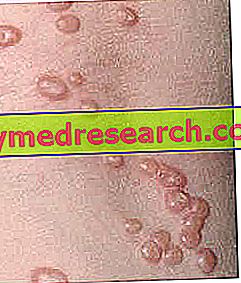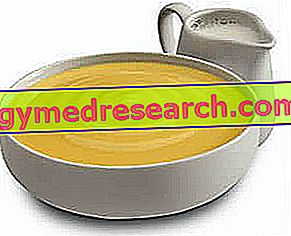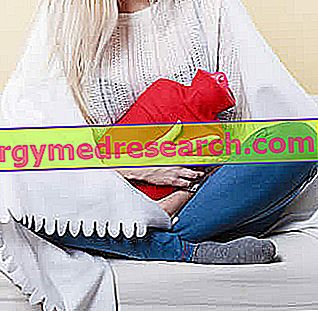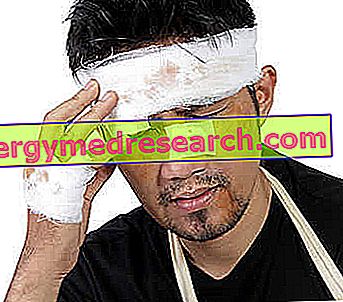The contagious mollusc is an infectious disease of viral etiology, involving skin and mucous membranes.

The contagious mollusc presents an excellent prognosis in the vast majority of cases, although the spontaneous healing of the lesions takes place over quite a long time.
What to do
- Avoid as much as possible any contact with subjects infected with the contagious mollusc virus
- Always wash your hands thoroughly, even in the event of a contagious molluscum infection in progress: the affected subjects, in fact, can favor the spread of lesions in other cutaneous regions through the contact of the skin with the infected hands
- Cover the papular lesions with sterile bandages, to minimize the risk of infection
- Pay particular attention to crowded and damp places, such as swimming pools and gyms
What NOT to do
- Scratching the papular lesions of the contagious mollusc
- Use linens / sheets / towels or other clothing used by people with contagious molluscs
- Consume unprotected relationships with partners affected by contagious molluscs
- Take by mouth or locally apply retinoid drugs during pregnancy or lactation: these active ingredients are powerful teratogens
What to Eat and What NOT to Eat
There is no scientific evidence that relates the food to the improvement or worsening of the symptoms of the contagious mollusk. However, it is recommended to always follow a healthy and balanced diet, free from excess and rich in fruit and vegetables. Proper nutrition should always be accompanied by regular exercise.
Natural Cures and Remedies
- It seems that the topical application of compresses based on essential oils (appropriately diluted) can significantly reduce the size of papular molluscum contagious lesions, speeding up the time for spontaneous healing.
According to a study conducted by The Center for Biomedical Research, the essential oils extracted from lemon and Australian myrtle, subsequently dissolved in olive oil, constitute a natural remedy particularly indicated to reduce the symptoms of the contagious mollusc. It also appears that the essential oil of melaleuca alternifolia (Tea tree oil), combined with a solution based on organic iodine, has the same therapeutic effect.
Pharmacological care
- The drugs used to treat molluscum contagiosum are almost the same as those used to treat warts:
- salicylic acid (powerful keratolytic drug)
- potassium hydrochloride (astringent agents)
- benzoyl peroxide (bleaching agent)
- retinoic acid
- antiviral drugs: let us remember that the contagious mollusc is caused by a viral infection
- immunosuppressive drugs: imiquimod (eg aldara)
Prevention
- Avoid sexual intercourse with partners suffering from contagious molluscs
- In case of proven infection with a contagious mollusc, avoid sexual intercourse to avoid the spread of the virus. Even the condom, under such circumstances, does not completely protect against infection. We recall, in fact, that infectious genital molluscum contagious lesions are not generally confined to the site covered by the condom.
Medical treatments
- If the papular mollusc contagiosum lesions do not regress either with drugs or spontaneously, some specific treatments can be used:
- cryotherapy (or cold therapy, performed using topical application of liquid nitrogen)
- laser therapy
- scraping
- discoloration with chemical agents



